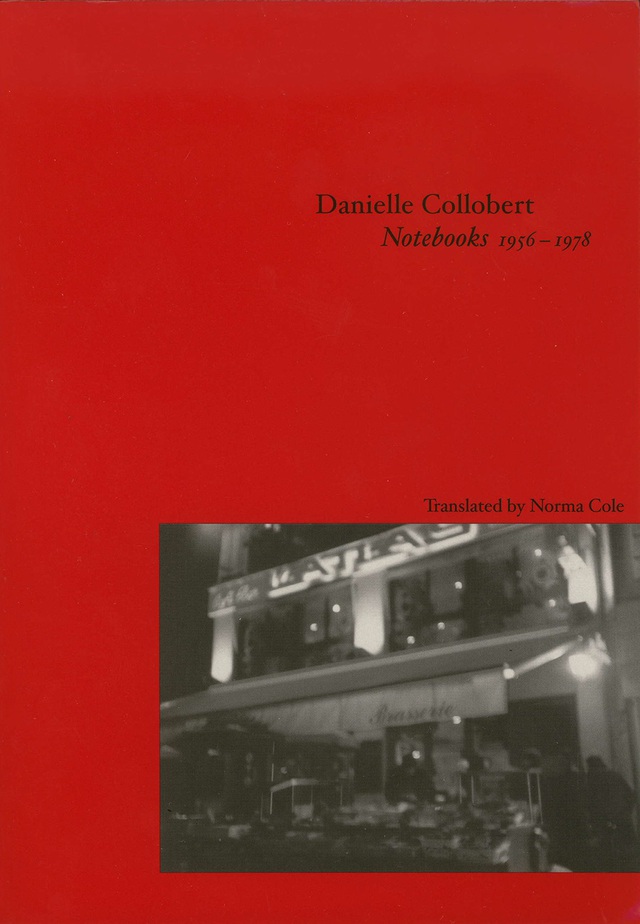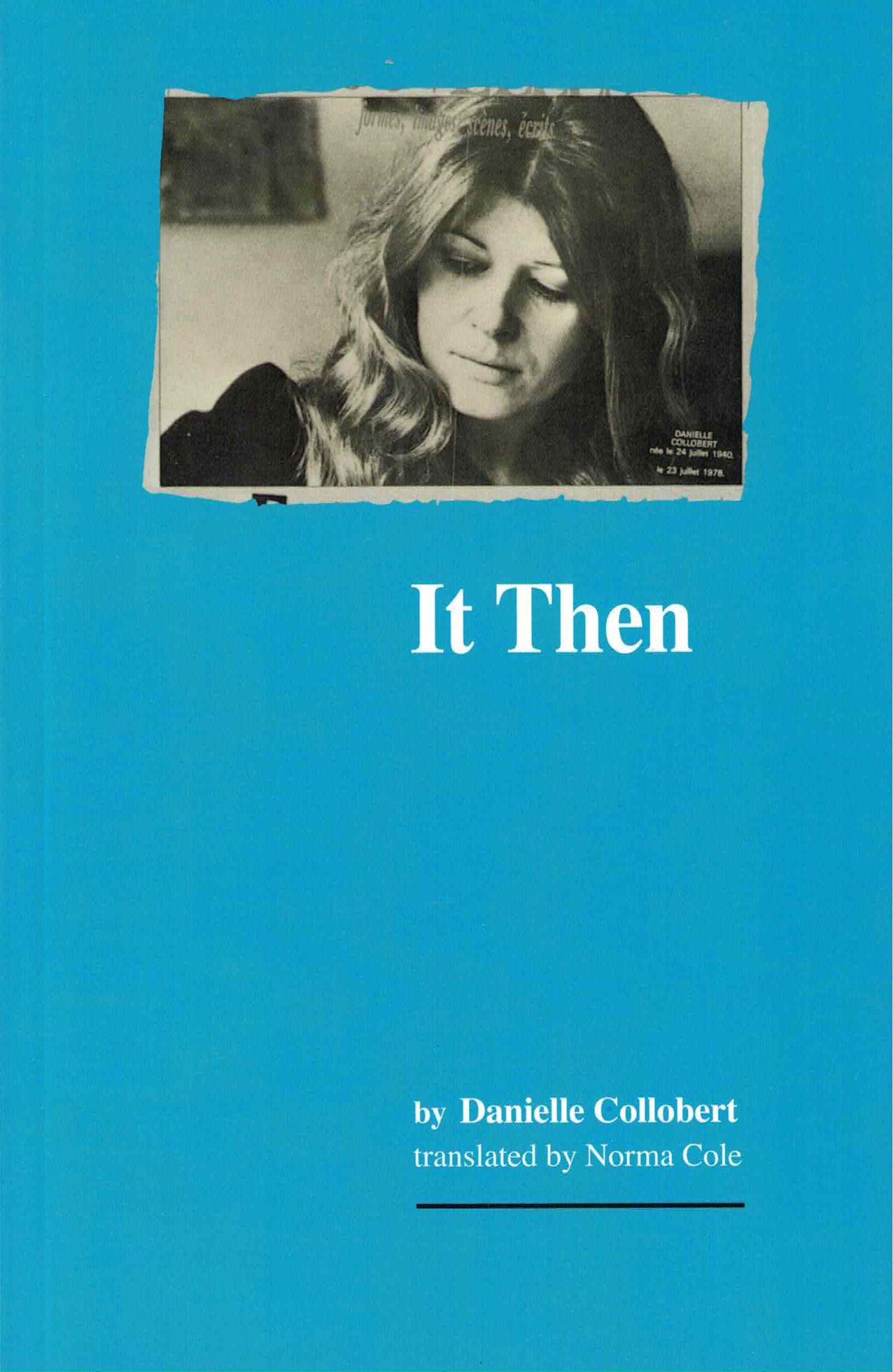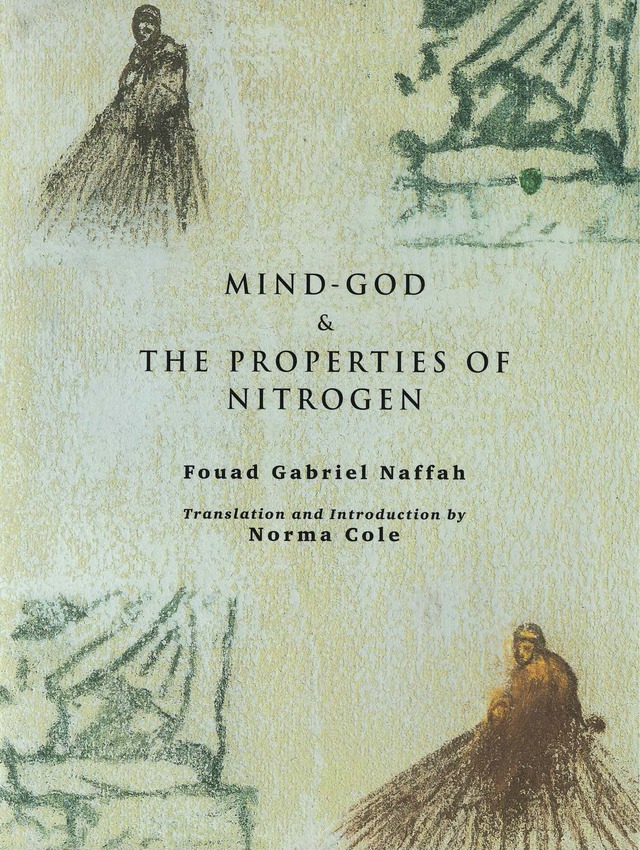Born into a Breton family active in the Resistance during the Second World War, Danielle Collobert moved to Paris at the age of 19. There, she took her own life in the summer of 1978. These notebooks, spanning a 22-year period from 1956 to 1978, were found in her possession at the time of her death.
In Danielle Collobert’s Notebooks the urgency of her writing is accompanied by the weight of hindsight—that we know how it ends—and yet it is not stifled by morbidity. Instead, the intensity and integrity of her struggles rise to the surface. Collobert’s questions—of presence in the world, of politics and intimacy—are constantly recovered from the blur of experience. Collobert moves towards and away in a feverish attempt to connect, stay connected—whether in her personal encounters, moments of activism or writing—and though she ultimately chooses death, there is enough life in her writing to carry on: “the hum of life all around… I open / and I close.”
Norma Cole
Danielle Collobert
Praise for Notebooks 1956-1978
Collobert’s moods and sights nomadically spread about the book with a scattered glissando… [H]er notebook entries deploy brusque moments of experience or reflection, intended more for personal use than for another. The result is the autobiography of a constant wanderer, determinedly detached… [with] a tragic reminder to get on with it and leave something behind in time, “get out of here at the first possible moment—get away from it—before the end of resistance—of rebellion—before boredom—exhaustion.”
— Karl Krause, Rain Taxi
She enunciates the words for desire and for loss of the other words with harrowing intensity… [Collobert] explores the limits of the phenomenal body and of speech by the agency of a prose which defies category.
— Michael Palmer
Indelible fragments.
— Jeff Jackson
Beyond everything she has discovered her own utter nakedness: that owned by nights of relentless attention to the other, or reflected in mirrors of all-night cafés where you can look, listen or simply wait, attending the blank page, from which the lassitude of daybreak will rescue you, overwhelm you.
— Uccio Esposito-Torrigiani, from the Postface
Spanning over 20 years of her life, the text in form resembles the poetry of It Then, though the content is in most cases less abstract. Fragmented phrases separated by dashes describe her interior life, her extensive travels, her relationships with men (though always rather vaguely), her recurring need for solitude, and above all, her experiences with writing. Throughout there is a haunting, hunted desperation in her words, as in each new place she finds herself, she encounters the same familiar struggles with indifference and anxiety, always with death not far from her mind.
— S. D. Stewart, Goodreads





The Notebooks bear witness to the specifics of her insatiable wanderlust. Collobert shifted constantly between Paris and various sites in the Far East, North Africa, South America, the United States, and Europe… One recalls Pierre Reverdy, for whom “everything is the same, whether here or there.” Which of course is another way of admitting to oneself that one is left, all alone—anywhere and everywhere—in the dungeon of one’s own self. The Notebooks surely acted as the traveling laboratory in which Collobert distilled her most representative style, those bursts of allusive (and elusive) meaning that are separated by no other punctuation than dashes.
— John Taylor, Dalkey Archive